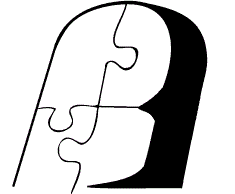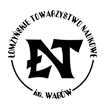Aktualności
"Memoirs of A Woman From Bialystok" translated by Beate Schützmann-Krebs - Rachel Koszyca
"Memoirs of A Woman From Bialystok" translated by Beate Schützmann-Krebs
is printed
Translation of Zikhroynes fun a Bialystoker Froy
Translation of Zikhroynes fun a Bialystoker Froy
Published by the JewishGen Press Author: Rachel Anna
Kositza Project Coordinator: Susan Kingsley Pasquariella
Translated by: Beate
Schützmann-Krebs Cover Design: Rachel Kolokoff Hopper
Layout: Jonathan Wind 6”x9” hard
cover 202 pages
The forward to the book was written by Rachel Anna
Kositza`s daughter Gertrude Reed in 1977.
My mother began to write her
memoirs at the age of eighty-six. It all began when I told her about Grandma Moses` painting career
and challenged her to do likewise. Never one to pass up a challenge, but not being able to paint,
she decided to try her hand at writing.
And so, every day, for a period of
almost two years, after her household chores were completed (this included cooking for her family,
house cleaning and gardening), she would set aside an hour or two for her writing. I can see her now
so clearly, sitting at the kitchen table, bent over her white-lined paper, writing away in her
round, even, measured handwriting, and proudly showing me each neatly written page, and then with
her ever-ready humor, looking up at me, her face broadening into a grin, a twinkle in her light blue
eyes, and laughing: “I am now indeed a writer.”
And as she kept at her
writing and finally finished the book, I never ceased to marvel at her self-discipline, her
singleness of purpose, her drive. And it seemed to me that in this respect she was representative of
a type that is fast disappearing from American Jewish life – the Jewish immigrant woman who at the
turn of the century, came out of the East European ghetto to the ghetto of America, and by sheer
grit and perseverance, undeterred by poverty or hard work, opened up for her children, opportunities
for the highest education and self-development.
The grit and perseverance
exemplified by my mother was nurtured by the colonyeh. The Jewish colonyeh of Czarist times was an
agrarian settlement about which little has been written. The Jews who lived there farmed the land
and raised livestock and were authentic peasants.
I am sure that many readers of this book
will see in it not only my mother, but their mothers as well, and will remember proudly their
origins, back-ground, and the strength and courage of their forebears.
2024-04-12 08:40:44















